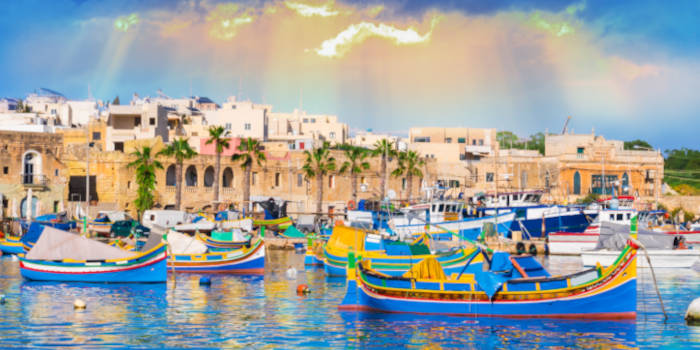The Malta Gaming Authority (MGA) has announced that the cancellation of BetDino Ltd’s authorization MGA/B2C/276/2014 has already gone into effect starting January 18, 2023.
However, the decision to suspend the operator’s business-to-commercial gaming service license was only recently announced by the gaming authority.
The ruling came as a result of BetDino Ltd failing to comply with regulation 10 of the Gaming Compliance and Enforcement Regulations, as discovered by the MGA.
What Regulations Did BetDino Breach?
The authority decided that BetDino will no longer be able to use its service license to provide services for the purpose of engaging with end consumers after it was found guilty of breaching regulation 9 (1) (c) and (l) of the Gaming Compliance and Enforcement Regulations.
The reasons listed by the MGA include the casino operator failing to comply with one or more applicable obligations unrelated to regulatory instruments or any other applicable laws of the state of Malta.
Another reason listed by the authority referred to BetDino’s failure to pay all fees that were due to the MGA on time.
The MGA regulates numerous sectors part of the gaming industry that fall within its competence while making sure that casino’s licensed gaming operations are “fair and transparent to all players”.
The MGA is also busy fighting crime, money laundering, and corruption while keeping vulnerable players and minors protected against the potential harm of problem gambling and unlicensed services.
BetDino to Immediately Remove All MGA References and Logos
The operator based in Malta is no longer allowed and authorized to offer gaming services and carry out its operations for customers.
At the same time, the operator has also been asked to remove all references to the MGA and its license from its pages.
The gaming authority can issue two types of licenses in the form of gaming service licenses and critical gaming supply licenses. The first category allowed operators to benefit from business-to-consumer licenses to offer and carry out gaming services.
The second category of licenses allows operators to provide and manage the material elements or software of a game.
MGA licenses are available for all entities based in the European Union or the European Economic Area, with the condition that they fully meet all Shared Capital and Financial Statements reporting requirements.
Operators who feel aggrieved by any of the MGA’s decisions are given 20 days to enter an appeal to the Administrative Review Tribunal according to article 43 of the Gaming Act.
Last week, the MGA asked gaming operators with a license in European jurisdictions who do not possess an MGA license to self-report their activity.


